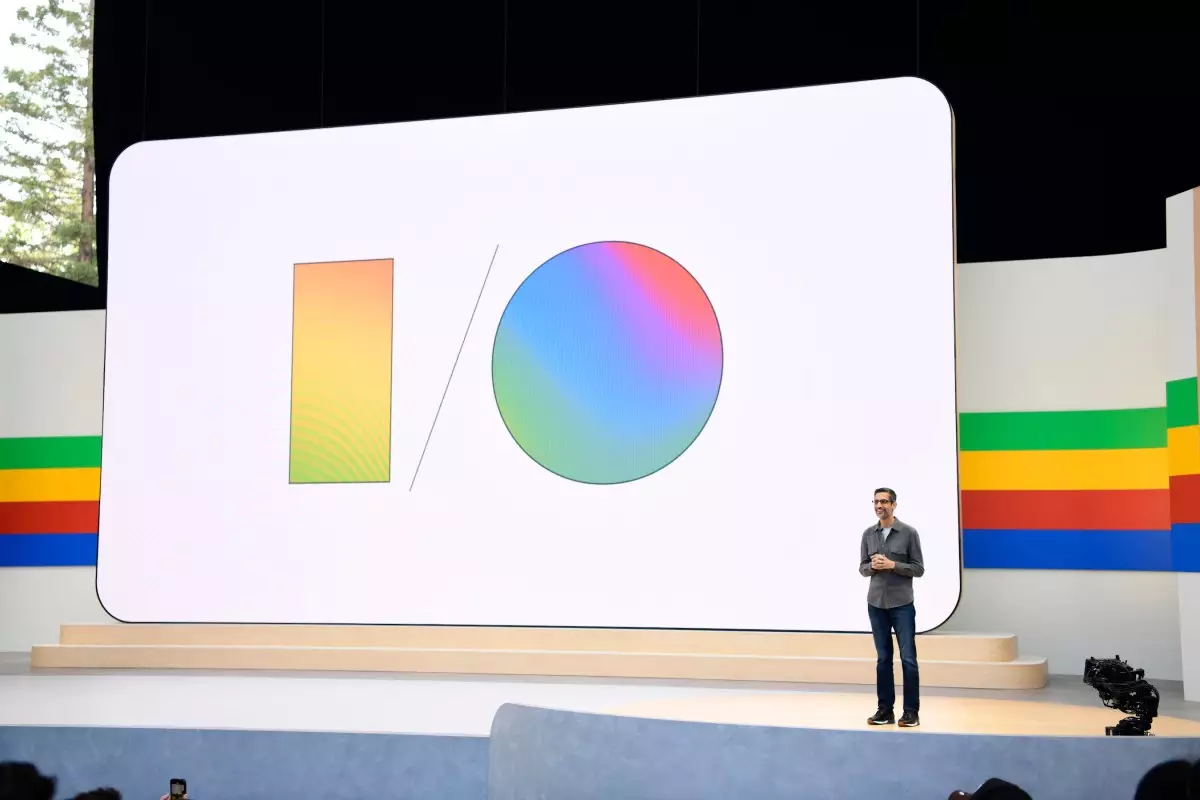The Google I/O developer conference, renowned for unveiling groundbreaking advancements and products, is once again on the horizon. Set to take place from May 20 to 21 at the picturesque Shoreline Amphitheatre in Mountain View, this year’s event is poised to be a veritable treasure trove for tech enthusiasts, developers, and industry experts alike. With exciting product announcements lined up—ranging from updates to Android and Chrome to Innovations in Google Search, YouTube, and the much-anticipated AI chatbot, known as Gemini—there’s ample reason for excitement.
This year’s conference promises not just incremental updates, but possibly transformative changes that could redefine how users interact with technology. Google’s recent standalone event, The Android Show, hinted at several enhancements, such as the ability to locate lost Android devices with greater efficacy and new features aimed at bolstering security. Furthermore, the introduction of the Material 3 Expressive design language signals a commitment to aesthetic as well as functional advancements.
The AI Evolution: Gemini and Beyond
Artificial Intelligence is no longer a futuristic concept; it is the driving force behind many of today’s innovations. The looming presence of Google’s Gemini reflects this trend, and rumors regarding new models within this family are abundant. The anticipated launch of the Gemini Ultra model is noteworthy, representing Google’s commitment to pushing boundaries in AI capabilities. However, with enhancement often comes an evolved pricing strategy: the rumored introduction of a Premium Plus and Premium Pro subscription tier suggests a strategic pivot that balances advanced functionality with affordability.
This move raises intriguing questions about accessibility and competition within the AI sphere. Is Google attempting to segment its user base into different tiers of service? While these new plans could offer expanded features, they also risk alienating potential users who may find the pricing prohibitive. As someone who ardently follows AI advancements, I can’t help but feel a mixture of excitement and skepticism around this. Will the new tiers provide real value, or are they merely another monetization strategy in an increasingly crowded market?
Robust Features on the Horizon
Google I/O has historically been a platform for quirky yet practical innovations, and this year should be no different. The talk of AI applications and “agents” demonstrates a clear effort to build systems capable of real-time, multimodal understanding. Additionally, Project Mariner hints at an exciting direction; AI “agents” designed to traverse the web on behalf of users could revolutionize how we view interaction with digital environments. Just imagine the potential of having a virtual assistant execute complex tasks with minimal input—it’s a tantalizing thought.
Delving into the official I/O schedule, it becomes evident that Google is not shying away from exploring diverse facets of technology. Sessions dedicated to Chrome and Google Cloud, alongside discussions on Android development tools, signal a well-rounded exploration of their portfolio. I’m particularly intrigued by Gemma, Google’s venture into “open” AI models. This could potentially enhance collaborative opportunities within the developer community, fostering innovation through open access.
Hidden Gems: Surprises Awaiting Discovery
In previous years, audiences were treated to unexpected unveilings, and the trend is expected to continue this year. Google’s track record for introducing phenomenal tools—like the education-focused LearnLM—keeps the excitement palpable. There are already rumors swirling about an enhancement to the popular NotebookLM podcast generator, complete with a “Video Overviews” tool that utilizes the company’s Veo 2 video model. If accurate, this could signal a shift in how content is produced and consumed, making it dramatically easier for creators to engage their audiences.
Such advancements don’t merely enhance user experience; they invite a larger discourse on how technology can blend seamlessly into our daily lives, making creativity and learning more accessible. As a tech aficionado, this intersection of artistry, education, and technology invigorates my enthusiasm for what lies ahead.
While the conference may yet hold a few surprises under its sleeve, there is no doubt that Google I/O 2023 promises a wealth of advancements with the power to shape the tech landscape for the foreseeable future. The spotlight on AI, mixed with committed security enhancements and exciting new features, invites us to expect the unexpected, pushing the envelope of what technology can achieve in enhancing our everyday lives.

